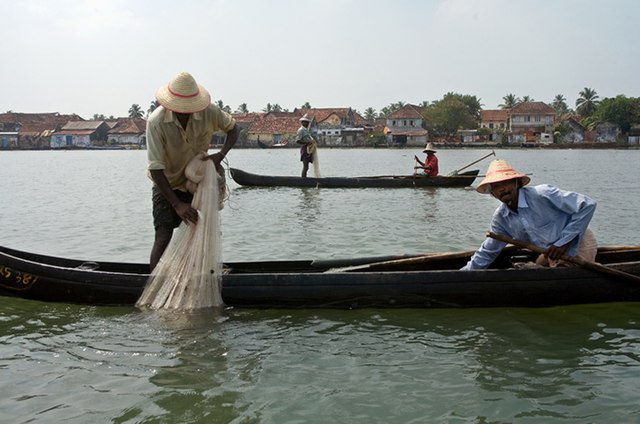The 13th ministerial conference of the World Trade Organization (WTO) began in Abu Dhabi on February 27 with a tough focus on non-beneficial fisheries subsidies.
Though agriculture is of importance in the current locked-door session, it is fisheries that could earn the world’s trade ministers overtime. Just two months ago, the COP28 summit, also held in the United Arab Emirates (UAE), went into overtime over similar tough negotiations.
The main issue remains sustainability in agriculture and fisheries. However, it is almost impossible for all 164 member nations of WTO to agree on anything without at least one veto.
Therefore, it is almost certain that the talks will gain a breakthrough only on fisheries subsidies, the least contested issue.
Fisheries Subsidies
“It is doable,” a source informed AFP and cited that world leaders have a political will to agree on subsidies.
If it happens, the deal will join another milestone from 2022 which shelved subsidies that funded undeclared fisheries and illegal fishing.
The 2024 deal, if any, will target funding that aids overfishing and promotes fishing to overcapacity.
Before coming to Abu Dhabi, WTO had already drafted a preliminary paper in its Geneva headquarters. The draft has several approaches to subsidies. One approach calls for extended scrutiny on rich nations’ subsidies while the second seeks to promote flexible subsidy advantages for developing nations.
India, however, wants for the extension of transition periods between WTO agreements. The country had not yet sent representation to Abu Dhabi by February 27, despite its important stake in world economy.
Brazil, one of the other major emerging power, fully backs WTO’s global commerce policies.
Why Cut Subsidies?
To many, subsidies help trade to flourish in situations where there are insufficient funds. However, some subsidies drive carbon emissions rather than bring sustainability, thus the need to cut them.
According to a Fortune report on WTO’s sustainability polices, certain concessions such as fossil fuel subsidies deserve eradication.
A similar judgement also most likely informed the 2022 ban on financing that encouraged undeclared fisheries resources.
Rich nations such as the United States also have passable subsidies such as those for corn-based ethanol.
On the flip side are fundamental funding drives that must remain uncut, such as those that support small artisan fishermen. The same could also apply to government policies in developing nations that subsidize sustainable agriculture in small-scale farms.
Thus, before the 13th WTO ministerial session ends on February 29, many expect a breakthrough on fisheries subsidies.
